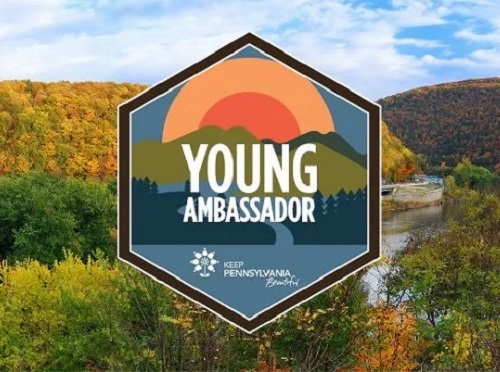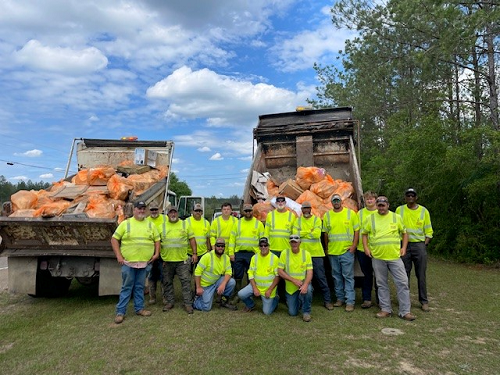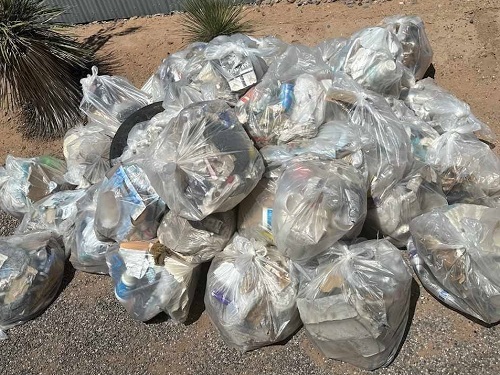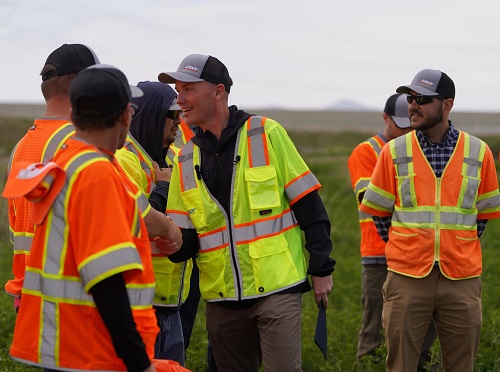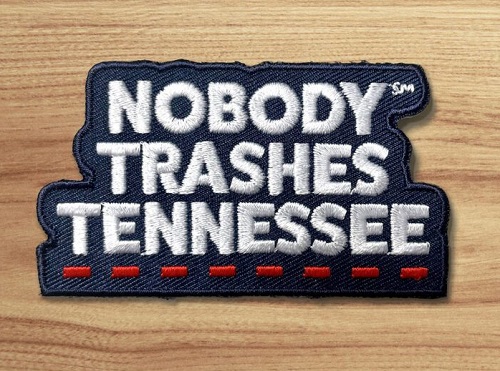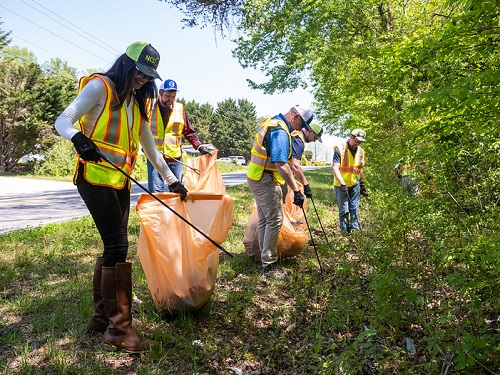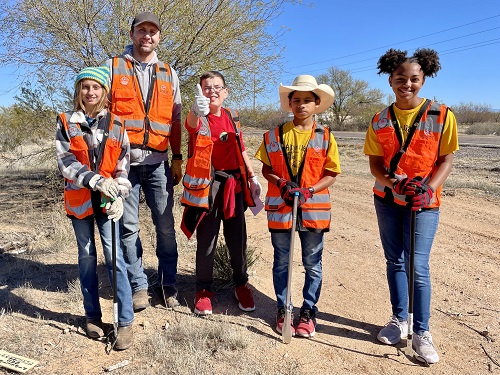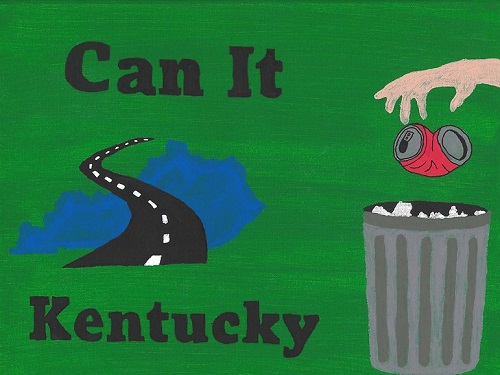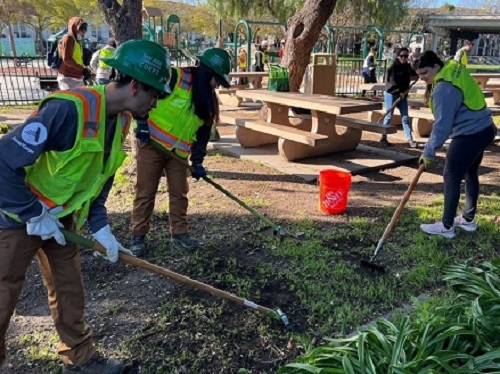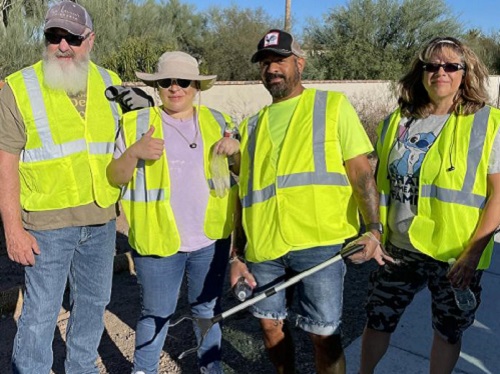The Pennsylvania Department of Transportation and volunteer-based education organization Keep Pennsylvania Beautiful (KPB) recently announced the 2024-2025 cohort of “Young Ambassadors of Pennsylvania” – a program launched by the agency in 2021 as a way to grow the next generation of leaders and help keep communities statewide be free of litter.
[Above image via PennDOT]
PennDOT conducted the Pennsylvania Litter Research Study from 2018 through 2019 along with the Pennsylvania Department of Environmental Protection (DEP), Keep America Beautiful, and KPB, to determine the impact and removal cost of litter along state roadways – which, at the time, came to $13 million annually for the agency alone and $68 million every year for city governments across the state.
The study also recommended creating a youth education and outreach program to help reduce littering, which resulted in the creation of the “Young Ambassadors” program.
KPB provides education and training to program participants on topics related to the impacts of litter, litter prevention, waste management and recycling, civic engagement and related public policy, volunteer management, and social media marketing.
“Programs like ‘Young Ambassadors’ are the first step in creating lasting impact on Pennsylvania’s ecological health,” said PennDOT Secretary Mike Carroll in a statement. “These students will go on to become decision-makers and steer the state’s green future. Starting now is critical.”
KPB will also be awarding a minimum of two $1000 scholarships to high school seniors involved in the “Young Ambassadors” program, which includes both current and past participants.
“We are proud to welcome this new slate of Young Ambassadors to our program and excited to provide opportunities for them to engage and activate within their own community,” added Shannon Reiter, KPB’s president.
“Together, we will explore and connect with young professionals and like-minded students from not just Pennsylvania, but across the country and make a positive impact in our shared communities,” Reiter said. “We look forward to witnessing the remarkable achievements and positive changes that will emerge from this dynamic group.”
State departments of transportation across the country are involved in a wide variety of litter removal efforts, as well as public awareness campaigns that seek to eliminate roadway littering – in no small part due to the growing cost of roadside cleanup efforts.
The Ohio Department of Transportation, for example, note that it is now spending $10 million annually to collect trash along state and U.S. routes outside municipalities and all interstates except the Ohio Turnpike.
In May, the Utah Department of Transportation launched a new volunteer litter removal program called “Keeping Utah Beautiful” – a program designed to make it easy for members of the public to go online and sign up for a one-time cleanup of state roads.
The agency said these volunteer cleanups will supplement the work of Utah DOT crews who regularly pick up litter statewide. To ensure volunteer safety, “Keeping Utah Beautiful” participants will not clean interstates or some state routes, the Utah DOT stressed – and requires that program volunteers be a minimum of age 14.
That same month, the Oklahoma Department of Transportation and Missouri Department of Transportation announced the winners of their respective 2024 “trash” contests; poster-making and trash-can decoration campaigns involving elementary though high school students in order to help raise awareness regarding roadway litter removal needs.
And in July, crews from the Louisiana Department of Transportation and Development picked up more than 76 tons of roadside litter in one week, earning the department the 2024 Outstanding State Agency award from Keep Louisiana Beautiful or KLB.
The litter removal was part of the KLB “Love the Boot Week,” a statewide event in which groups compete to win the award, which gets its name from Louisiana’s boot-like outline. The agency picked up more litter than any other group during the week in April, cleaning up 152,475 pounds at more than 10 cleanup sites across the state.

